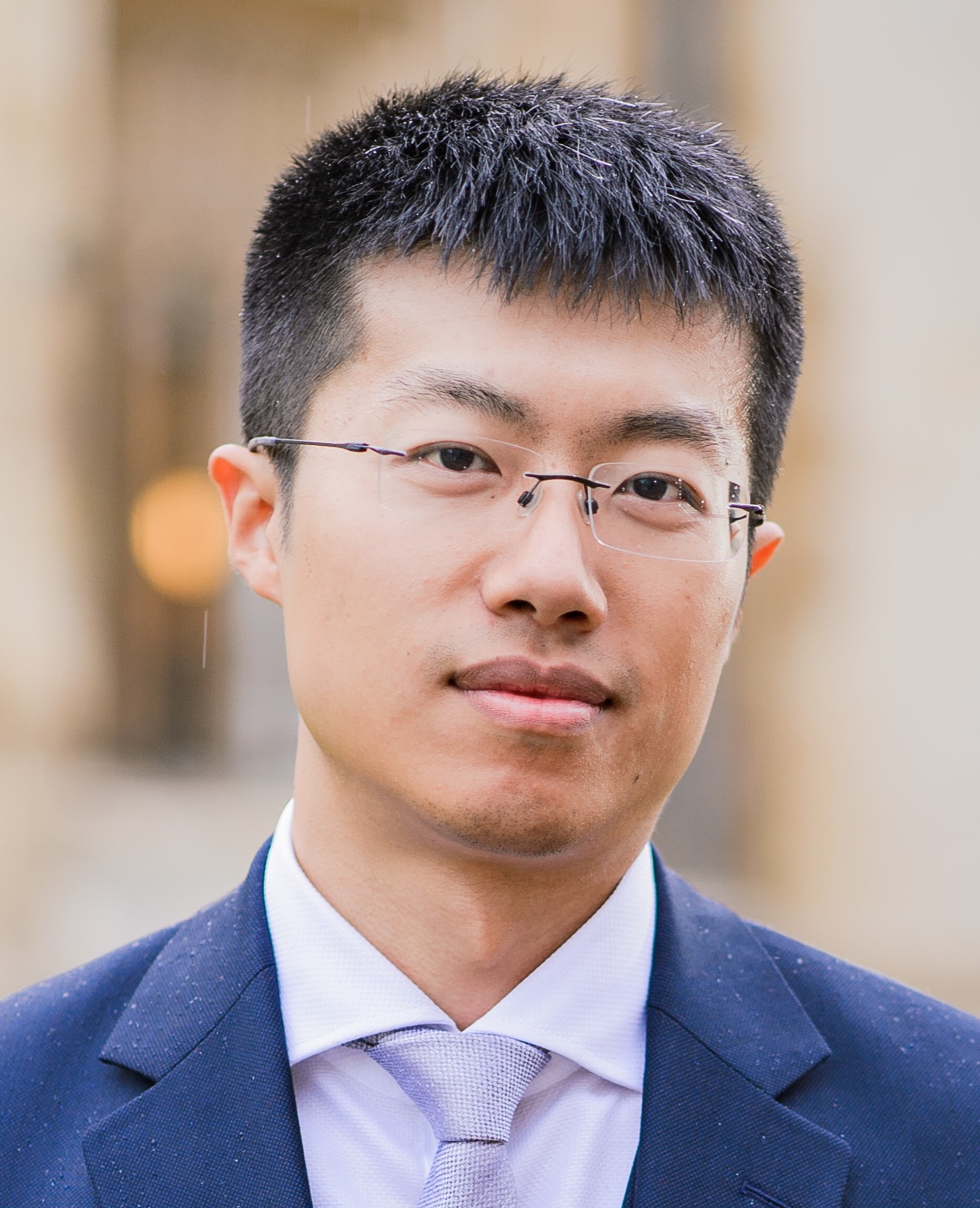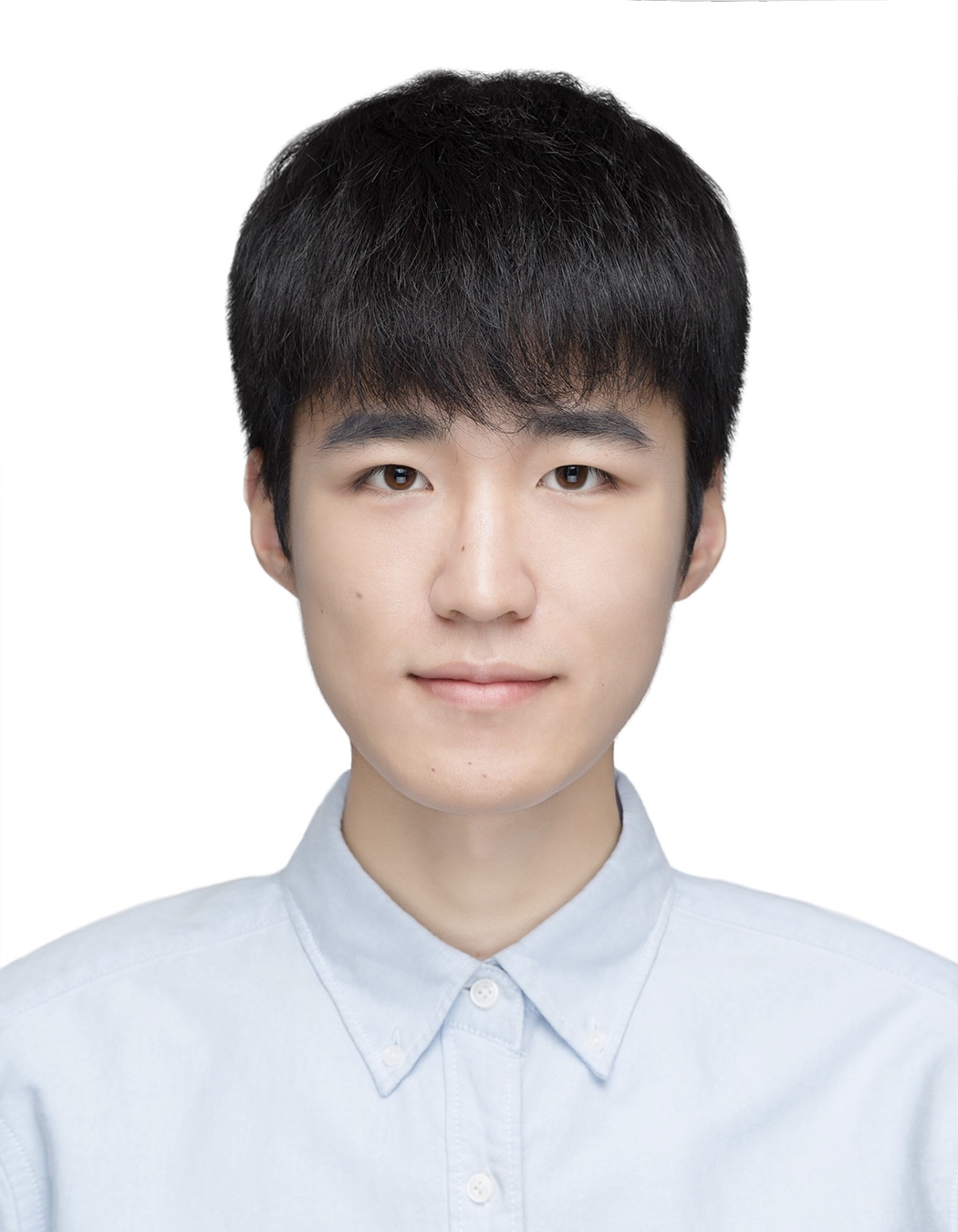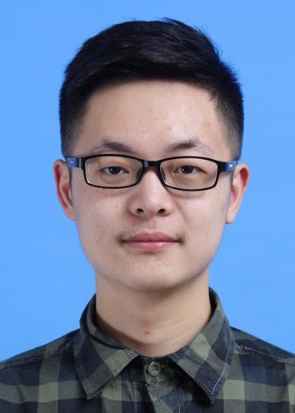Group Members

Dr. Li Wan
Background
Dr Li Wan, Associate Professor in urban planning and development, Director for the MPhil in Planning, Growth and Regeneration, and Fellow of Gonville and Caius College. He is interested in spatial economic modelling of urban land use and transport systems. Prior to joining Land Economy, he has worked in Architecture and Engineering Departments. His academic research is highly interdisciplinary and policy-oriented. His recent research interests include strategic planning at the city/regional level, impact study of flexible working, micromobility and electric vehicles. Dr Li Wan is a co-investigator of the Centre for Smart Infrastructure and Construction and a Trustee of the IJURR Foundation.
Dr Li Wan is available for consultancy.
Research Interest
Land-use and transport modelling; Location and travel choice modelling; Model-based planning policy analysis
Contact
lw423@cam.ac.uk

Jerry Chen
Background
Jerry received his Bachlors in Economics from Boston College in 2018, and subsquently a Masters in International Public Health from Imperial College London. He has industry experience in investment banking, consulting, and development finance. Jerry is a member of Queens' College, and the inaugral recipent of the Queens' Stamps Scholarship.
Research Topic
Understanding the Causal Relationship between Urban Built Environment and Wellbeing
Research Interest
Human-centric Urban Planning, Spatial Economics, Wellbeing Science
Contact
jc2205@cam.ac.uk

Qiancheng Wang
Background
Qian-Cheng is a PhD candidate in Land Economy, specialising in human-environment interaction and activity-driven sustainable urban development. His current research focuses on developing an activity-based model to quantify the environmental impacts of alternative urban spatial planning strategies in city regions. Prior to pursuing his PhD, Qian-Cheng earned an MPhil in Architecture and Urban Studies (Cantab) and a BSc in Building Engineering and Management with a Minor in Applied Mathematics (PolyU). Qian-Cheng has published over 20 peer-reviewed journal and conference papers. He also actively contributes to the academic community, serving as a reviewer for over 30 peer-reviewed journals in his field.
Research Topic
Developing a New Spatial Equilibrium Model for quantifying the Energy Impacts of Alternative Urban Spatial Planning Strategies for Fast-growing City Regions: A Case Study of Greater Beijing, China
Research Interest
Urban Land-Use and Transport
Contact
qw250@cam.ac.uk

Ilaï Bendavid
Background
Ilaï is a graduate in Planning Growth and Regeneration with experience in corporate strategy within the renewable energy industry. He also pursued a course in Environmental Economics. Ilaï is very passionate about new technologies and regulation, which means that the arrival of new transport mode such as e-scooters very quickly picked his interest. He is particularly interested in adapting different kinds of research techniques to determine regulatory options.
Research Topic
Finding better ways to regulate Electric Scooters to give them a better fit in the London urban system
Research Interest
Environmental Policy; Transportation; Micro-mobility Behavioural Economics
Contact
ilaibendavid@gmail.com

Yibin Li
Background
BSc in Economics and Finance (University of Manchester 2015-2018);
MPhil in Economics (University of Cambridge 2019-2020);
PhD in Land Economy (University of Cambridge 2020-now)
Research Topic
Complements or Substitues: Greenbelt and Congestion Charge Policy For Post-pandemic City Regions - Insights From A New Spatial Equilibrium Model For The Greater Bay Area In China
Research Interest
Computable spatial general equilibirum model, Planning policy, Greater Bay Area
Contact
yl680@cam.ac.uk

Shantong Wang
Background
Land Economy, Phd, University of Cambridge, 2020- present
Urban Planning, MSc, National University of Singapore, 2018-2020
Geographical Information Science, BSc, Northeast Normal University, 2014-2018
Research Topic
Examine the Spatial Economic Impact of Singapore’s Ethnicity Integration Policy
Research Interest
Urban Big Data Analytics, Housing Policy, Urban Planning
Contact
sw938@cam.ac.uk

Emily Wang
Background
Emily started her PhD study at department of Land Economy in 2021. Through data science and advanced statistical modelling, she is interested in delivering scientific and evidence-based policy implication to support urban development. Before starting the PhD, she holds MPhil in Land Economy Research degree from Cambridge with distinction. She has been awarded 2021 Selwyn Masters Scholarship and her PhD study is fully funded by Cambridge Trust - CSC Cambridge International Scholarship.
Research Topic
Does planning strategy matter? Identifying causal links between spatial planning strategy and city economic growth through land-use efficiency
Research Interest
Planning Strategy, Urban Economics, Data Science, Machine Learning, Urban Data Analytics
Contact
tw531@cam.ac.uk

Zengquan Li
Background
University of Cambridge, MPhil in Land Economy Research, 10/2020-09/2021
Wuhan University, Master’s Degree in World Economics, 09/2015-06/2018
Wuhan University, Bachelor’s Degree in Finance (Minor), 02/2013-06/2015
Wuhan University, Bachelor’s Degree in Remote Sensing Science and Technology, 09/2011-06/2015
Research Topic
An interdisciplinary method for generating large-scale longitudinal urban expansion data using night-time light data – A case study of 600+ Chinese cities
Research Interest
Night-time Light Data, Interdisciplinary Research, Urban Economics
Contact
zl456@cam.ac.uk